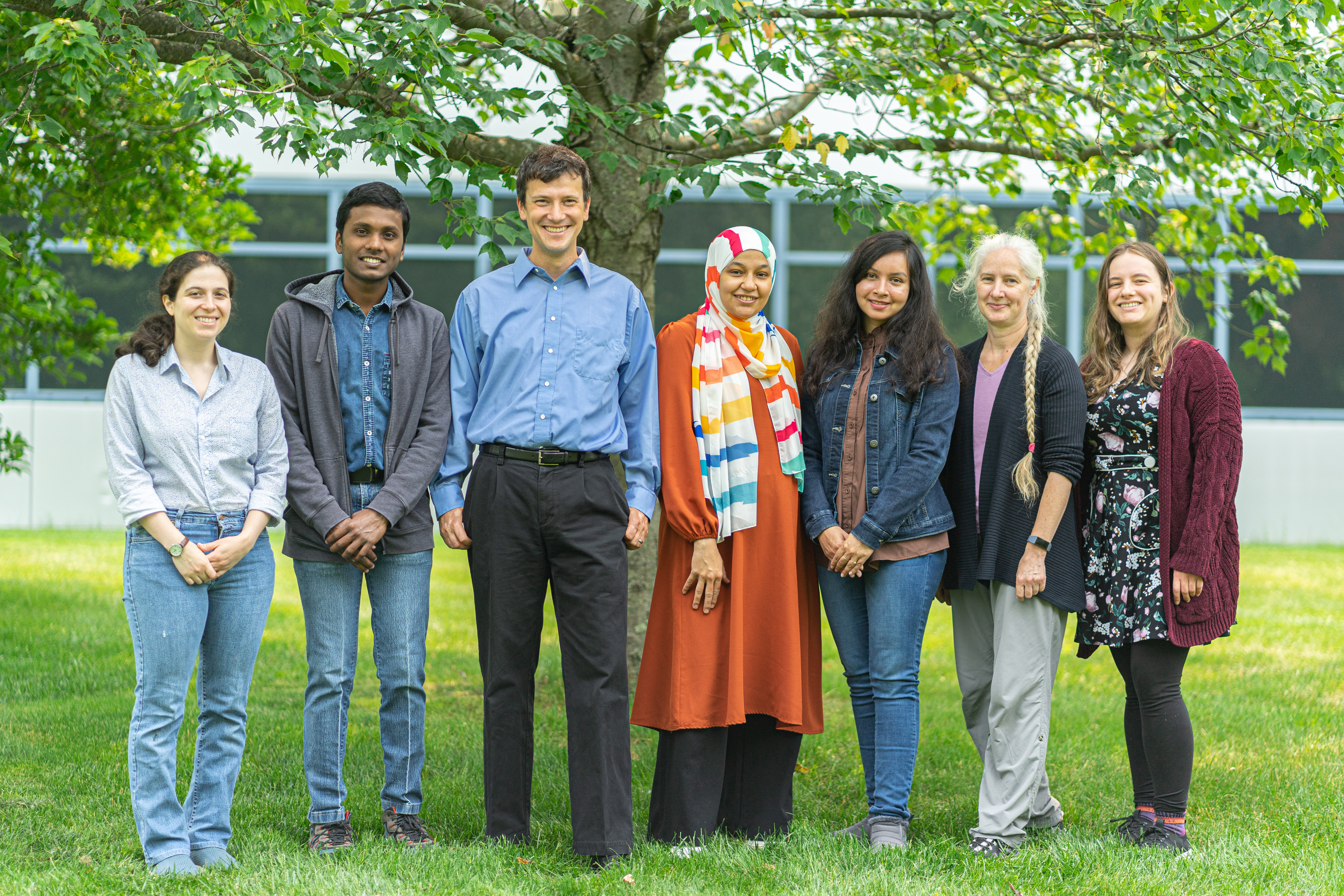
Impact
LASER research focuses on high-risk, high-impact problems, with the aim of fundamentally improving how engineers build systems. Over the years, we have made a different in both industry and academia. Here are a few examples:
Fairness and safety in machine learning. Modern software systems often rely on artificial intelligence and have been shown capable of harming humans and discriminating against race and gender in critical, societal applications. We pioneered the foundation of bias as a software engineering concern, founding the field of software fairness, authoring the seminal paper on automated fairness testing and developing the first machine learning techniques that probabilistically guarantee fairness and safety even when trained on biased data. For this work, we were awarded the IEEE Computer Society TCSE New Directions Award.
Automatically repairing programs. Software developers spend more than half their time debugging their systems. Automated program repair technology has the potential to save time and significantly reduce costs. Unfortunately, my lab has shown that this technology can invisibly break functionality as often as repair it. We established overfitting as a fundamental challenge in automated program repair and created the first objective methodology for evaluating overfitting. Our methodology has become ubiquitous, leading countless groups to focus on reducing overfitting in repair techniques and improving the field.
Speculative analysis. Despite all this automation, developers are often overwhelmed by the constant decisions they have to make, often without access to the data necessary to understand the implications of their choices. To address this problem, we invented speculative analysis, which has been used internally by Microsoft and Infosys, and found to be “the most industrially relevant software engineering research published in the prior five years, out of a total of 571 research papers” by an independent study.
Who we are
For several decades, LASER has been a diverse group of faculty, postdocs, and students, working to improve the process of engineering software. Hear the story of Emily (now a postdoc at UCSD) getting her PhD in LASER:
Recent News
April 2024:
DARPA funds two aspects of our automated formal verification work with two grants, totalling $1.4M.
April 2024:
Our work on how automated program repair helps developers published at ICSE 2024.
December 2023:
Our work on synthesizing mathematical proofs using large language models wins an ACM SIGSOFT Distinguished Paper Award at ESEC/FSE 2023!
October 2023:
Our work on understanding how bias affects people’s trust published at VIS 2023.
September 2023:
Juan Zhai joined as co-director of LASER!
